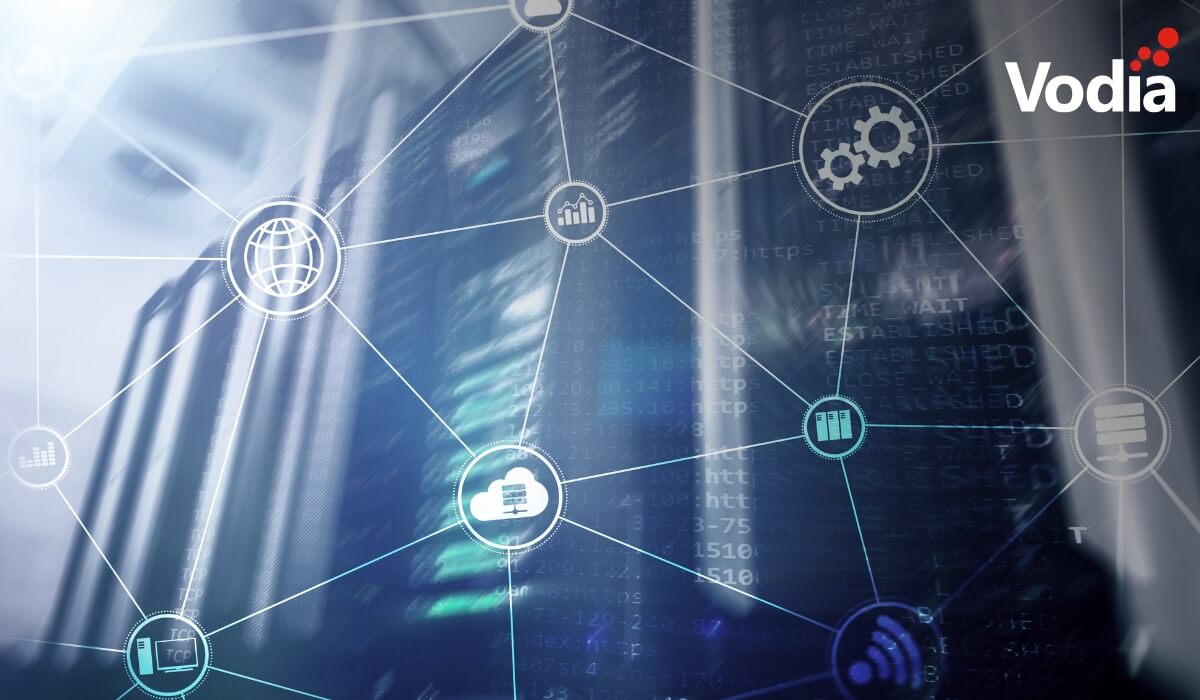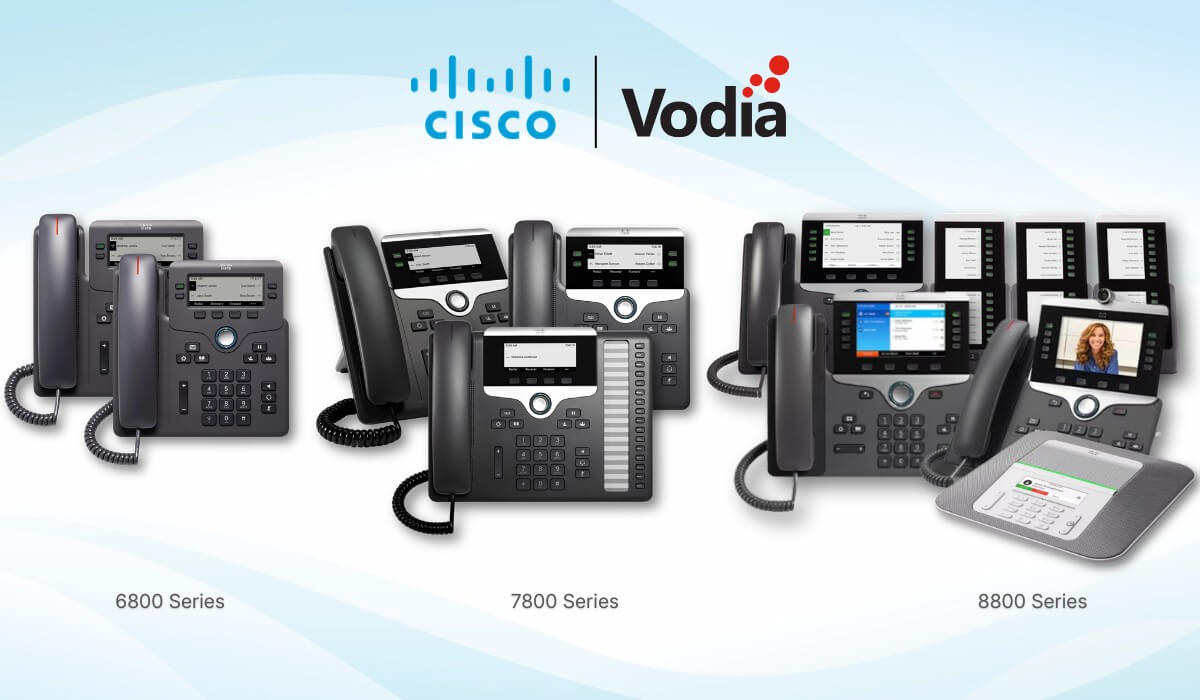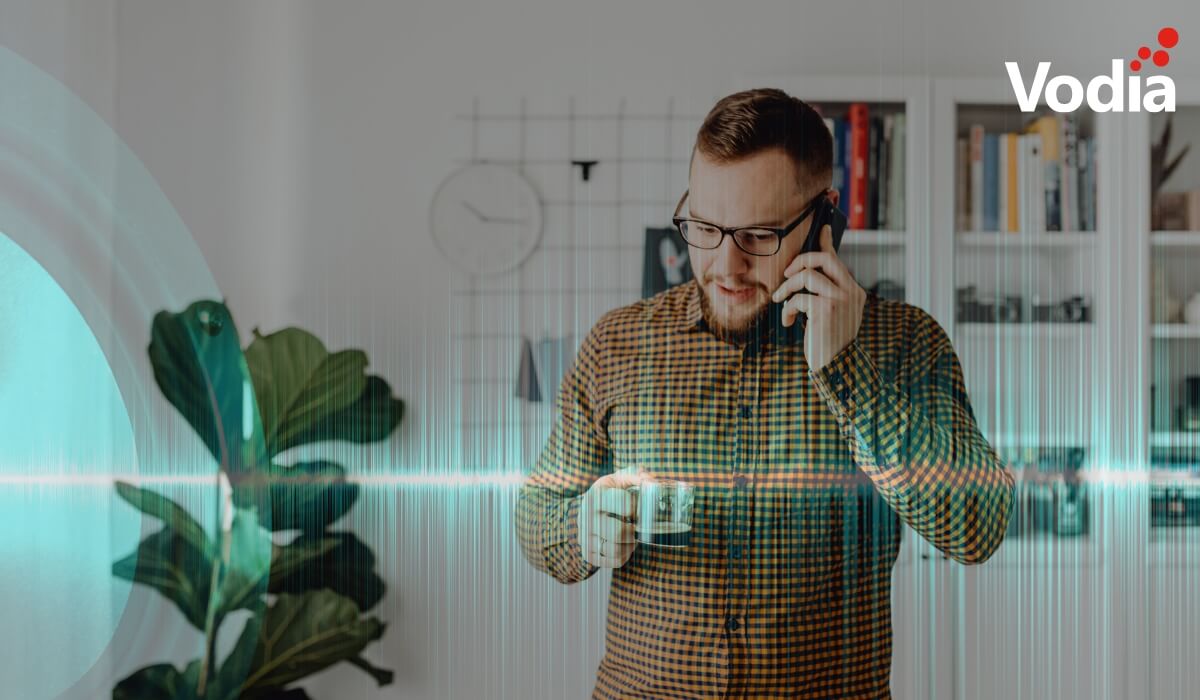Calling an emergency number can save lives, but it can actually be expensive.
Unfortunately, it's become popular in some areas to use phones in public environments to place emergency calls, out of boredom or other reasons that can't be called emergencies. This happens in schools, but also in other areas like hotels or military facilities. The costs to operate a phone system can pale in comparison to the costs caused by such false alarms.
There are a couple of things we put into our PBX, and there are a couple of tricks you can do to reduce the damage done by such calls - while still making it possible to call for fast and effective help in case of a real emergency. The key is to involve local know-how about the situation, either personally knowing the people in the building or simply being able to see, on video, what's going on.
With the PBX we can record the emergency call (and only the emergency calls), and those who find prank emergency calls funny might end up in the principal’s office with undeniable evidence. Rumor will spread fast, discouraging others from abusing the phone system. The point here is teachers will be able to easily identify the person, and the public location of the phone will no longer be anonymous.
The next possibility is more intrusive, but at the same time more effective. Instead of calling the emergency center, calls can be screened by school or hotel personnel. This can be done by adding an entry to the dial plan that sends the call to an extension, instead of out on a trunk, and assigning that dial plan to the public phones. It can actually also be a hunt group, so several people will be able to pick up the call (which is important if this is really an emergency). If it is a real emergency, the front desk can transfer the call to the emergency call center or, even better, set up a conference call with the reporting student and the officer. This method also has the positive side effect that a staff member is involved, so when the ambulance or police pull up in front of the building, help can be immediately guided in the right direction. The additional time for the screening pays off, in most cases, because staff can prepare help before arrival.
If the dial plan redirects the call to a hunt group, this redirection, after a short time, can send the call without personal involvement directly to the emergency call center. This is important in case, for whatever reason, nobody in the screening group can pick up the phone. It wouldn't be good if the call ends up in nirvana - or in a mailbox.
Regular businesses aren't immune to the problem, either. For example, extensive warehouses or shops with available public phones may face the same problems. The Practically all environments where public phones are unsupervised are also a problem. The methods discussed here also be applied in such environments.
.svg)





